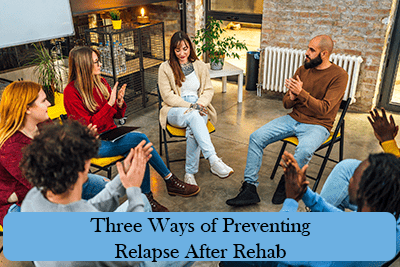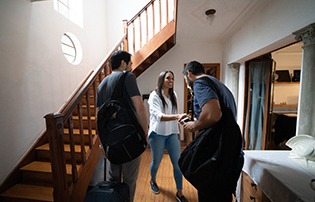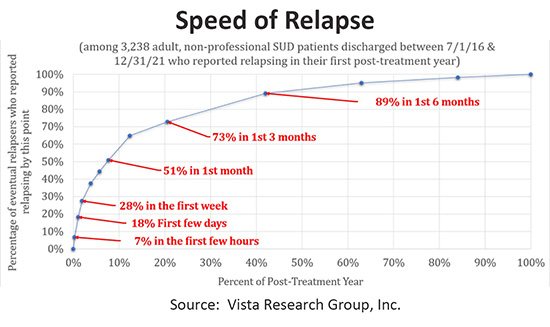
Every time I needed to get my daughter into rehab was immensely stressful. We had to search frantically for effective treatment, make sure the rehab had an opening, convince Karina she needed to go to rehab, work out the finances, and figure out how to get Karina there right away before she could change her mind. After going through all that, I wanted to do everything I could to make damn sure the treatment worked.
As I’ve discussed in other articles, multiple decisions made before and during treatment are tremendously important. Treatment is far more likely to put your child on the road to recovery if you chose an effective rehab, they complete all recommended treatment, and they remain in treatment for 90 or more days.
But no matter how good the treatment was, it’s also critically important that your child is supported by a strong recovery support network when they leave treatment. Unfortunately, the first month after treatment is a very dangerous time. Research shows that among the people who will relapse sometime during the year after they leave rehab, 28% will relapse in the first week and 51% in the first month:

There are three types of after-care support systems that research shows can have a strong impact on whether your child remains drug- and alcohol-free after treatment.
Sober Group Home
I’m a big believer in the importance of having your child move into a sober group home immediately after treatment. I'm quite confident that Karina would not have been sober for the last 10 years if she hadn't lived in recovery residences for at least 6 months on two different occasions. And the data backs me up. As shown below, 69% of the individuals who live in a sober group home for at least 6 months after treatment report abstaining from alcohol and all non-prescribed drugs for at least the last 30 days one year after they left treatment. Most of these individuals report not having relapsed at all the whole first year:
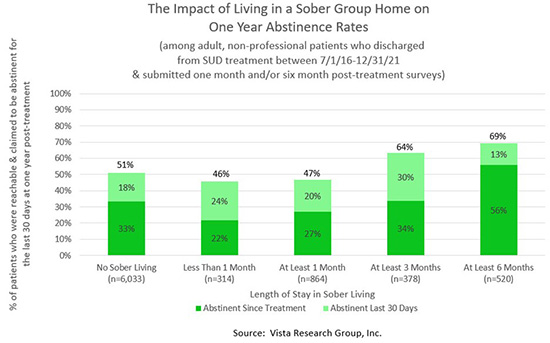
Most group homes have live-in managers whose job it is to help individuals successfully navigate early recovery. They’ll typically make sure your son or daughter goes to meetings and often will help them find a job or go back to school. Managers will also enforce house rules such as curfews and will typically conduct periodic drug testing. You can search for accredited group homes by googling “association of recovery residences” and the name of your state.
Involvement in a Recovery Support Group
Active involvement in a recovery support community such as Alcoholics Anonymous, Narcotics Anonymous, and Smart Recovery will also dramatically improve the likelihood your child recovers. Early recovery is hard, and it can be a very lonely time. Not only will your child have the opportunity to develop a strong network of sober friends and supporters who understand where they’re coming from, he or she can join in social events and learn how to have fun without getting drunk or high.
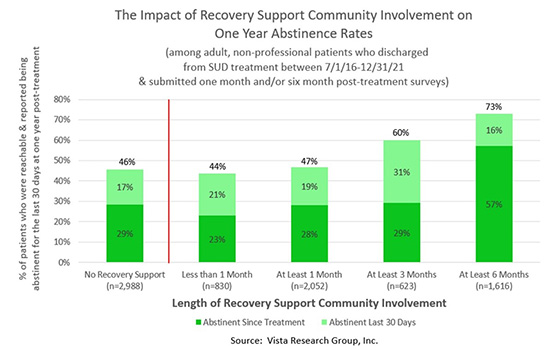
Random Drug or Alcohol Testing
You can also help your child remain abstinent by setting up randomized alcohol or drug testing. Knowing that they’ll likely be caught if they use again may be just enough motivation to keep your child from giving in when cravings strike, and in-home monitoring by companies like SoberLink make this relatively easy.
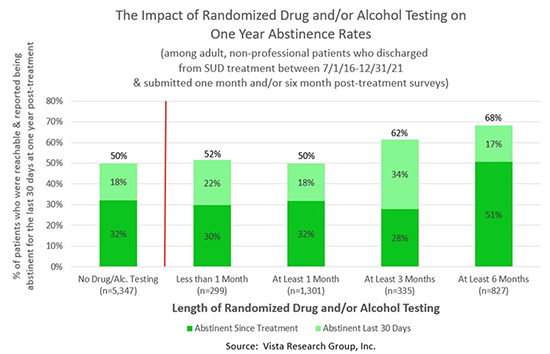
Using any these recovery support options for three months or more will make it far more likely that your child or loved one will be able to navigate the early days after treatment without relapsing.



